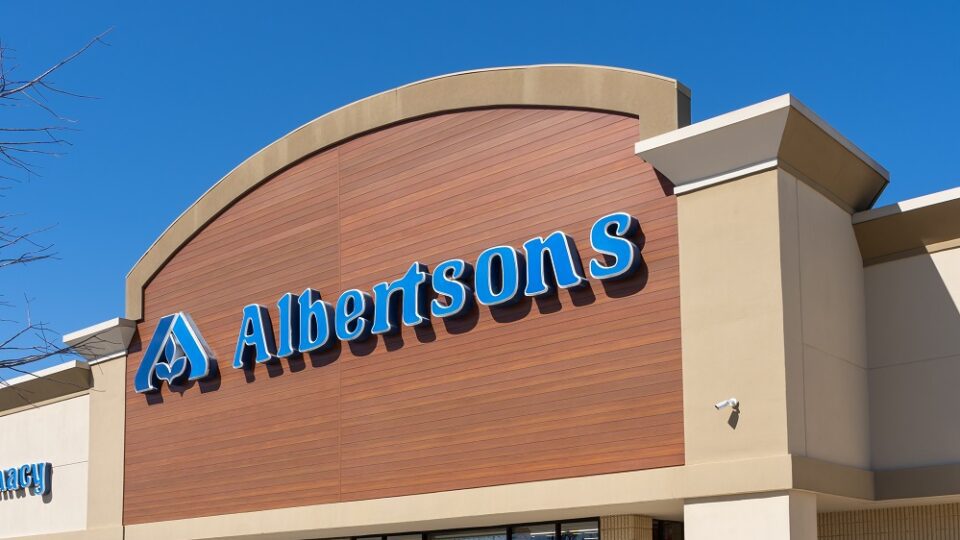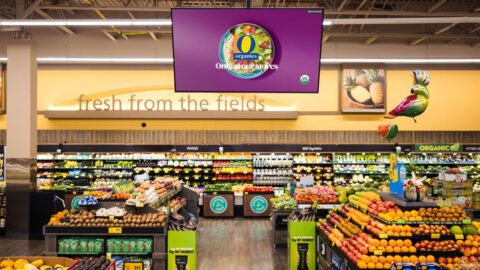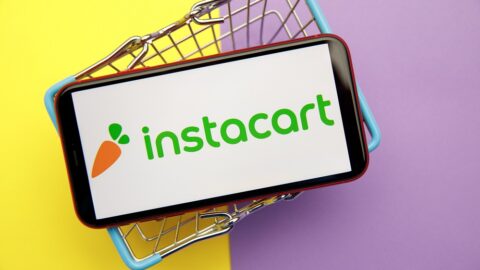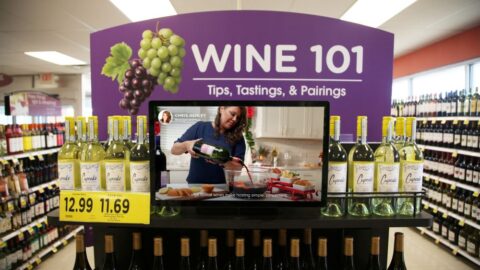Albertsons has formally called off the troubled $24.6 billion merger with Kroger following Dec. 10 decisions opposing the deal by the U.S. District Court in Oregon and the King County Superior Court for Washington State. Additionally, Albertsons has sued Kroger in the Delaware Court of Chancery, claiming the retailer failed to exercise “best efforts” and to take “any and all actions” to secure regulatory approval of the merger. The Federal Trade Commission (FTC) had sued to block the merger in February 2024, calling it anticompetitive and harmful to both consumers and workers.
The merger, first announced in October 2022, would have created a single grocery company with a national footprint — something only Walmart can currently claim. At the time, the two retailers operated nearly 5,000 stores and employed more than 710,000 associates.
“Given the recent federal and state court decisions to block our proposed merger with Kroger, we have made the difficult decision to terminate the merger agreement,” said Vivek Sankaran, CEO of Albertsons in a statement. “We are deeply disappointed in the courts’ decisions.”
Kroger also protested against the courts’ decisions as well as the failure of the merger, and strongly disagreed with the Albertsons allegations that it was at fault. “Through its proposed merger with Albertsons, Kroger would invest more than $1 billion in lower grocery prices, invest an additional $1 billion in higher grocery worker wages, and invest an additional $1.3 billion to improve Albertsons stores,” said a Kroger spokesperson in comments provided to Retail TouchPoints. “Kroger is disappointed in the opinions issued by the U.S. District Court for the District of Oregon and the Washington State Court, which overlook the substantial evidence presented at trial showing that a merger between Kroger and Albertsons would advance the company’s decades-long commitment to lowering prices, respecting collective bargaining agreements, and is in the best interests of customers, associates and the broader competitive environment in a rapidly evolving grocery landscape.”
Kroger Promises Countersuit
Albertsons laid the blame for the merger’s failure on Kroger: “A successful merger between Albertsons and Kroger would have delivered meaningful benefits for America’s consumers, Kroger’s and Albertsons’ associates, and communities across the country,” said Tom Moriarty, General Counsel and Chief Policy Officer at Albertsons in a statement. “Rather than fulfill its contractual obligations to ensure that the merger succeeded, Kroger acted in its own financial self-interest, repeatedly providing insufficient divestiture proposals that ignored regulators’ concerns.”
In September 2023 Kroger and Albertsons announced plans to sell more than 400 stores and eight distribution centers post-merger. And despite the Albertsons’ suit’s allegations that Kroger didn’t do enough to promote the deal, Kroger did file a preliminary injunction against the Federal Trade Commission in August 2024 seeking to stop its opposition to the merger, following a July 2024 decision by a Denver District Court judge temporarily halting it.
The Kroger spokesperson promised that the company would respond vigorously to the lawsuit’s allegations: “Albertsons’ claims are baseless and without merit. Kroger refutes these allegations in the strongest possible terms, especially in light of Albertsons’ repeated intentional material breaches and interference throughout the merger process. This is clearly an attempt to deflect responsibility following Kroger’s written notification of Albertsons’ multiple breaches of the agreement, and to seek payment of the merger’s break fee, to which they are not entitled.
“Kroger looks forward to responding to these baseless claims in court,” the spokesperson added. “We went to extraordinary lengths to uphold the merger agreement throughout the entirety of the regulatory process and the facts will make that abundantly clear.













